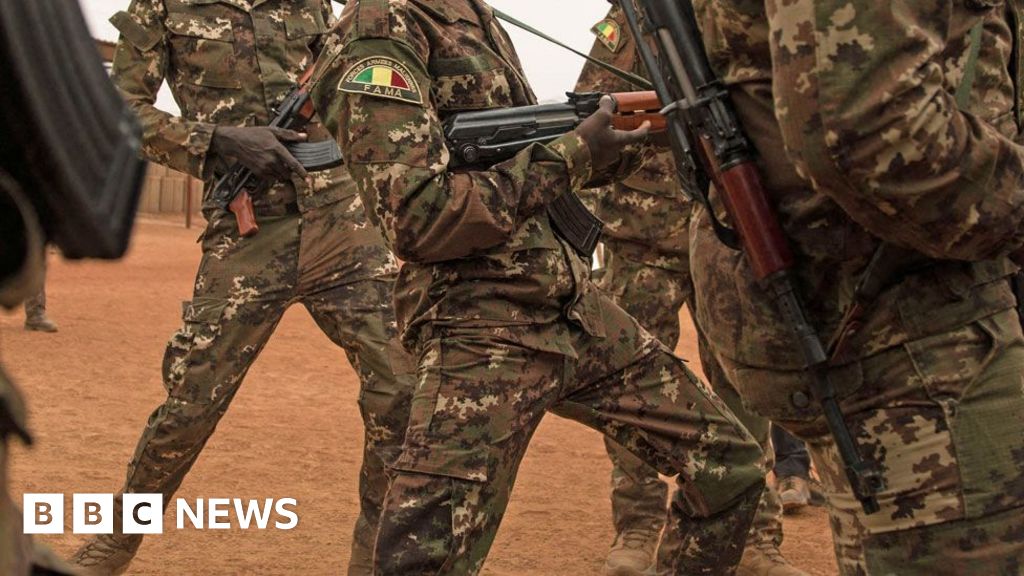Suspected terrorists launched attacks on multiple military sites across Mali early Tuesday, including an assault on an army camp in the western city of Kayes, according to the military and local residents, as the country grapples with a surge in violence.
For over ten years, Mali has endured relentless attacks from groups affiliated with Al-Qaeda and the Islamic State, alongside threats from separatist rebels and criminal networks.
In just the past month, terrorists have claimed responsibility for two major strikes against the Malian military.
The army said in a statement that seven of its positions in the west came under fire in what it described as “coordinated attacks carried out very early this morning.”
Residents and a local official confirmed strikes on at least four towns.
“We woke up in shock this morning. There’s gunfire, and from my house I can see smoke billowing towards the governor’s residence,” one Kayes resident told AFP. The resident called the gunfire “intense,” while another person described hiding at home as the attack unfolded.

A military source said the first blast was heard near the governor’s residence. “By the time we got organised, there was already gunfire at the camp,” the source added.
Elsewhere, local politician Sekou Niame Bathily wrote on Facebook that “the region of Nioro woke up in shock,” confirming that the towns of Nioro, Sandare, and Gogui had been targeted.
All seven locations named by the army are in western Mali, with one, Diboli, sitting on the border with Senegal.
The military said it was monitoring the situation “very closely” and promised to release more information soon.
Earlier this month, on June 2, terrorists carried out a coordinated attack on an army camp in Timbuktu in northern Mali, as well as on the city’s airport. That incident followed a deadly assault that killed at least 30 soldiers in central Mali the day before.
In recent weeks, terrorists have stepped up attacks across the wider Sahel region, staging deadly raids in Mali, Burkina Faso, and Niger.
The military rulers of the three countries, who seized power through coups, had vowed to make security their top priority. Yet, they continue to struggle against the growing reach of terrorist forces, which are increasingly threatening neighbouring coastal states in West Africa.












